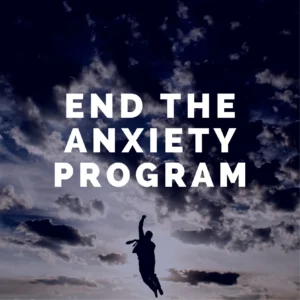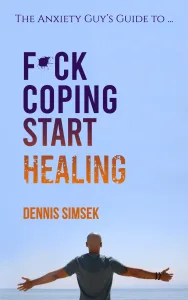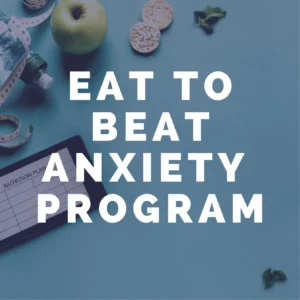Thank you for listening. I want to share what I learned from living with these odd habits so you know you are not alone. I speak from my own experience, the things I did, the things that helped, and the simple steps I used to regain some normalcy.
Belching: Signs I Kept Ignoring
I used to force belches because it felt like something inside needed to be released. I would swallow air without even noticing and end up bloated and uncomfortable. Chewing gum only made it worse for me.

How shallow breathing fed the habit
When I was tense I breathed very shallowly. That shallow breathing pushed air into my stomach and created the urge to belch. It felt like a quick fix, but it never fixed the root cause.
A simple breathing routine I used
What finally helped was learning to breathe from my diaphragm. I did this lying down with a book on my belly so I could see the movement.
- Lie down and place a book on your stomach so you feel resistance.
- Inhale for four seconds through your diaphragm.
- Exhale for six seconds. The longer exhale helps your rest system turn on.
- Do this for about five minutes, two or three times a day, and watch the book rise and fall.
That routine taught my body how to breathe again and gradually reduced the belching urge.
Over-Peeing Symptoms: When Anxiety Takes Over
I was going to the bathroom every seven to ten minutes. I worried I had a real medical problem, but the truth was my brain and body were on high alert.
What the body was telling me
When fear kicks in, the bladder muscles can contract and your brain sends a high priority signal: go now. It’s part of the body’s escape message. The subconscious uses the body to communicate that it feels unsafe.
How I stopped living by toilet breaks
I stopped treating the bathroom visits as the problem itself and started asking why the message was being sent. Rather than only using quick coping moves, I asked deeper questions: what am I afraid of right now? What pressure am I under? I also practiced calming breathing and gave myself permission to delay a trip to the bathroom when it was safe to do so. That small pause helped break the automatic run-to-the-bathroom pattern.
Excess Yawning: Signals of Air Hunger
Excess yawning felt like incomplete breaths to me. I would yawn and not fully get that satisfying stretch, which left me annoyed and restless.
Why it felt like incomplete breaths
Yawning stretches face and chest muscles. When I was tense I could not relax enough to get the full stretch, so those yawns felt unfinished. They were my body’s way of trying to reset.
How cutting caffeine helped
I found caffeine made the pattern worse. Switching from coffee to herbal tea reduced the excess yawning. Reducing stimulation gave my nervous system a chance to calm and the yawns became less frequent.
Finding the Roots: Indications the Issue Runs Deeper
These habits are rarely just physical. For me they pointed to fear, old emotions, and a nervous system that learned to stay alert.
Questions I asked myself
I asked: is this about people? Pressure to succeed? The need to be accepted? Guilt or unforgiveness I’ve carried? Those questions helped me see patterns instead of treating the habits as isolated problems.
How I worked the deeper stuff
I used imagination and mental re-meaning to change what those sensations signaled. Instead of letting the body’s alarm decide my day, I gently taught my mind to see safety where it had been seeing threat. That shift took time but it mattered.
Why These Symptoms Matter and What I Did Next
I don’t believe in only managing symptoms. For me, full healing was possible once I stopped organizing life around those automatic reactions and started addressing what was under them.
My commitment to real change
I committed to daily breathing work, reduced stimulants like caffeine, stopped habits that worsened the issue (gum for belching), and spent time asking the tough questions about what I was afraid of. Small steps, done consistently, changed my day-to-day life.
A short plan you can try today
- Practice the book-on-belly breathing for five minutes twice a day.
- Reduce or remove caffeine and notice changes in yawning.
- Avoid chewing gum if you belch often.
- When you feel the urge to go to the bathroom, pause for a breath and ask, is this immediate or can I wait a few minutes safely?
- Journal one fear or pressure you notice and imagine a kinder meaning for it.
I know where you are because I lived it. I also know where you can go from here. These are not just odd quirks, they are messages from your body about safety and fear. Treat them as that, and you can change how your day feels.
If you liked this, please subscribe and share. You are more than these symptoms. See you next time.
Citations
- Ong, A. M.-L., Chua, L. T.-T., Khor, C. J.-L., Ravishankar Asokkumar, Vikneswaran s/o Namasivayam, & Wang, Y.-T. (2017). Diaphragmatic Breathing Reduces Belching and Proton Pump Inhibitor Refractory Gastroesophageal Reflux Symptoms. Clinical Gastroenterology and Hepatology, 16(3), 407-416.e2.
- Anxiety Urination: An Inconvenient Symptom. (2022). Calmclinic.com.
- Charlie Health. (2025, May 9). Charlie Health.




